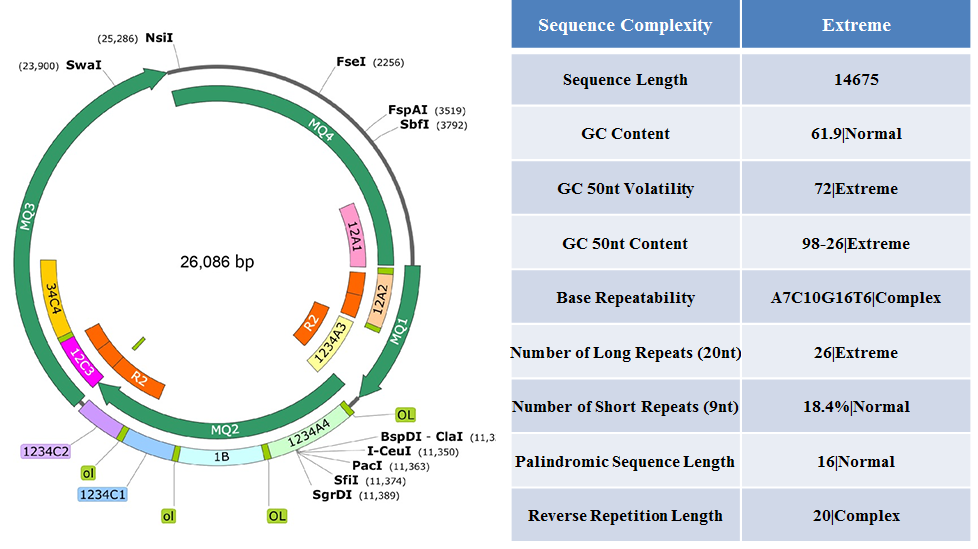As a researcher deeply invested in the field of biotechnology, I often find myself reflecting on the transformative power of custom gene synthesis. This technology not only empowers scientists to explore genetic engineering but also opens doors for innovative solutions across various sectors. In Eastern Europe, where scientific advancement is rapidly evolving, understanding the nuances of this market becomes essential for anyone looking to leverage these capabilities.
The Essence of Custom Gene Synthesis and Its Market Characteristics
Custom gene synthesis refers to the artificial creation of DNA sequences tailored to specific research needs or applications. Globally, this market has been characterized by rapid growth driven by advancements in synthetic biology and genomics. In Eastern Europe, however, we observe unique features that set it apart from other regions. The demand for personalized medicine and agricultural improvements fuels interest here; yet challenges such as funding limitations and regulatory hurdles persist.
The Future of Oligo Pools in Eastern Europe

Evidently diverse in its scientific landscape, Eastern Europe boasts a rich tapestry of research institutions and biotech startups eager to harness oligo pools—collections of short DNA fragments used extensively in custom gene synthesis. The potential for oligo pools within this region is promising; they can facilitate high-throughput screening processes crucial for drug discovery and genetic studies while addressing local health issues through targeted therapies.
Diving Deeper into Synbio’s Role in Eastern Europe
Synthetic biology (Synbio) stands at an intriguing crossroads within Eastern Europe’s burgeoning biotechnological scene. On one hand, there are significant advantages: a skilled workforce with strong educational foundations supports innovation alongside collaborative initiatives between academia and industry. Conversely, obstacles remain—such as inconsistent investment levels across countries—which may hinder progress compared to more established markets like Western Europe or North America.
Conclusion: Embracing Opportunities with Custom Gene Synthesis
In summary, custom gene synthesis represents both opportunities and challenges within the dynamic context of Eastern Europe’s biotechnology sector. As researchers continue to navigate these waters—with an eye toward collaboration and innovation—the potential impact on healthcare solutions and agricultural advancements cannot be overstated. By embracing these developments thoughtfully, we can contribute meaningfully to a brighter future fueled by science.




